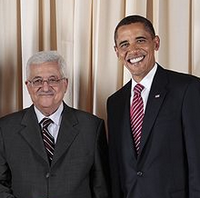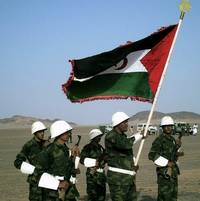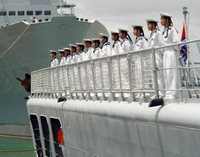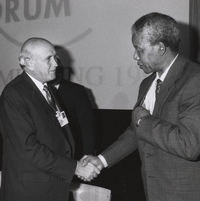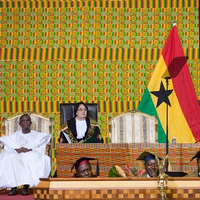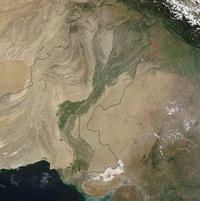
The sage’s transformation of the world arises from solving the problem of water. If water is united, the human heart will be corrected. If water is pure and clean, the heart of the people will readily be unified and desirous of cleanliness. Even when the citizenry’s heart is changed, their conduct will not be depraved. So the sage’s government does not consist of talking to people and persuading them, family by family. The pivot (of work) is water. — Lao Tze Water management is, by definition, conflict management. Water, unlike other scarce, consumable resources, is essential to all facets of […]

